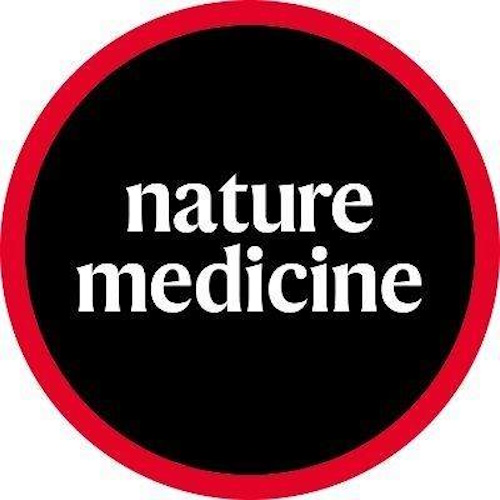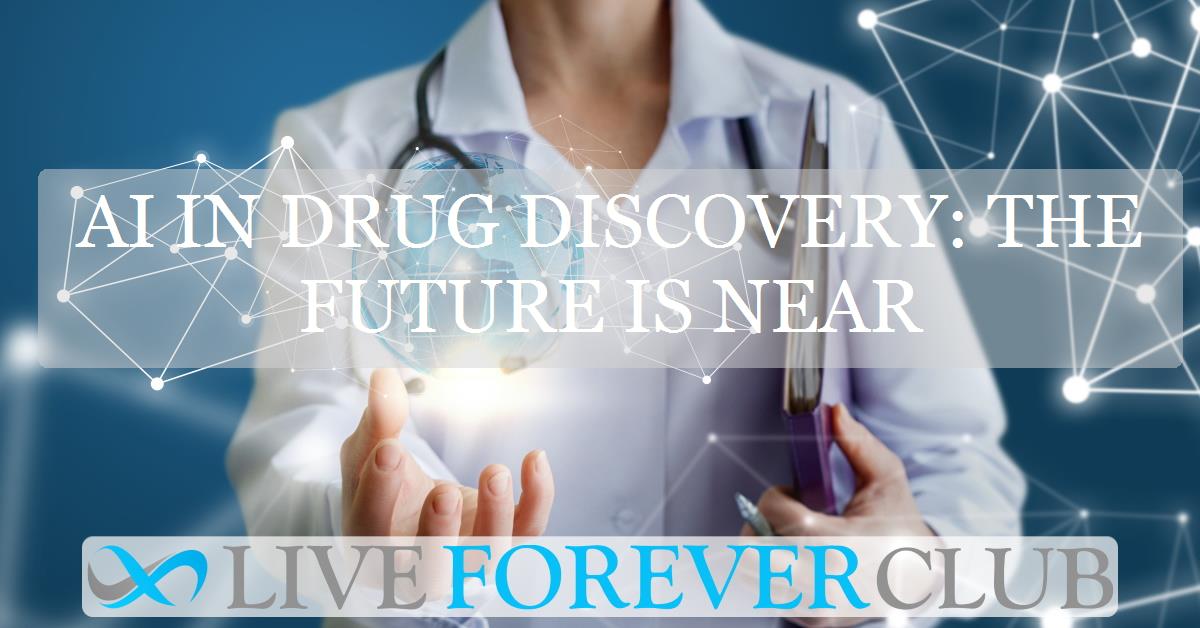Key points from article :
Clinical trials for the first drugs designed with the help of artificial intelligence (AI) could begin as early as 2025, according to Demis Hassabis, CEO of Google DeepMind and its spin-off, Isomorphic Labs. Speaking at the World Economic Forum in Davos, Hassabis outlined how AI could revolutionize medicine by accelerating drug discovery and enabling personalized treatments optimized for individual metabolisms.
AI's potential to save time and reduce costs is a key focus for pharmaceutical companies, as developing a new drug currently takes 12–15 years and costs an average of $2.6 billion, according to a study in Nature Medicine. Hassabis emphasized that AI tools, such as AlphaFold, which accurately predicts protein structures, could address these inefficiencies. While AI won’t replace scientists, it can assist in solving complex problems, improving success rates, and reducing the high failure rate of clinical trials, where fewer than 10% of drugs are approved.
Despite its promise, AI in drug discovery faces challenges, including limited access to high-quality data due to privacy regulations and acquisition costs. Hassabis suggested using synthetic data to fill gaps, as employed in AlphaFold2, but warned of the risks of training models on inaccurate representations.
Other companies, like Nvidia, are also exploring AI's role in drug development. Nvidia’s BioNeMo framework and partnerships with pharma giants like Novo Nordisk highlight how AI-augmented drug discovery could advance. Supercomputers like Denmark’s Gefion are already applying machine learning to biological sciences, showcasing AI’s potential to transform healthcare.








